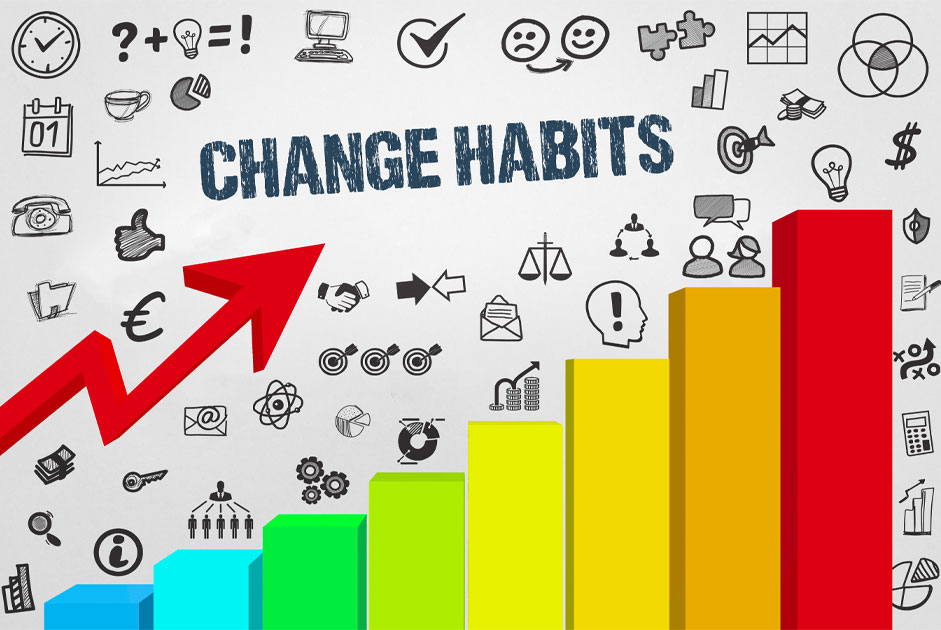During the COVID-19 pandemic there has been an increased light shined on the importance of managing mental and behavioral health wellness. However, as we enter the third year of the COVID-19 pandemic many Americans, including health care providers, are experiencing exhaustion, depression, anxiety, substance use, vicarious trauma, and pandemic fatigue.
When we thought this health crisis might last just a few months, we psyched ourselves up to cope with it, says Paul Nestadt, MD, assistant professor in the department of psychiatry and behavioral sciences at Johns Hopkins University School of Medicine in Baltimore. “Now that we understand there’s no definitive end, that is causing widespread ‘pandemic fatigue.’” By “pandemic fatigue,” Dr. Nestadt is referring to the exhaustion you may be feeling after months of spending extra time and energy dealing with the pandemic lifestyle and all the struggles it’s brought on.
You may have lost loved ones or jobs. You may have missed out on experiences and life milestones, like graduations, weddings, and funerals. You may be feeling cooped up or cut off from usual hobbies. You may be tired of the safety protocols that take extra time. You may be feeling tired of trying to make “good use” of this time. However, it’s more likely you’re feeling worn out given the big and small strains we’re all facing.
Being mentally and physically exhausted tends to lower resilience and boost feelings of dread and helplessness. But because you’re exhausted and your ability to cope may be lowered, you’re less motivated to do anything about those negative feelings. So you end up feeling more on edge, anxious, and exhausted by all of those feelings. (It’s one of the well-known consequences of chronic stress.)
While we reiterate the importance of taking precautions to prevent spread, we want to make sure that we are also reminding people address the feelings of stress and anxiety that arise in this type of prolonged situation. To ensure that you protect your mental and emotional health:
- Take breaks from watching, reading, or listening to news stories and social media. Hearing about COVID-19 or other stress-inducing issues repeatedly can be upsetting.
- Take care of your body: eat healthy, well-balanced meals; exercise regularly; get plenty of sleep; and avoid alcohol and drugs.
- Make time to unwind and participate in activities you enjoy.
- Connect with others. Talk with people you trust about your concerns and how you are feeling.
In addition, please be thoughtful of how others are feeling during this time and reach out to them regularly to let them know that you and our state are here for them.
Learn more about how to cope with pandemic fatigue here.










